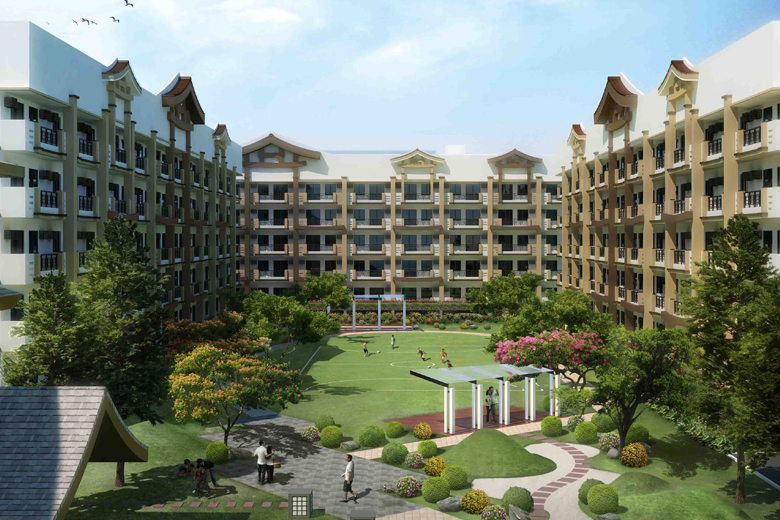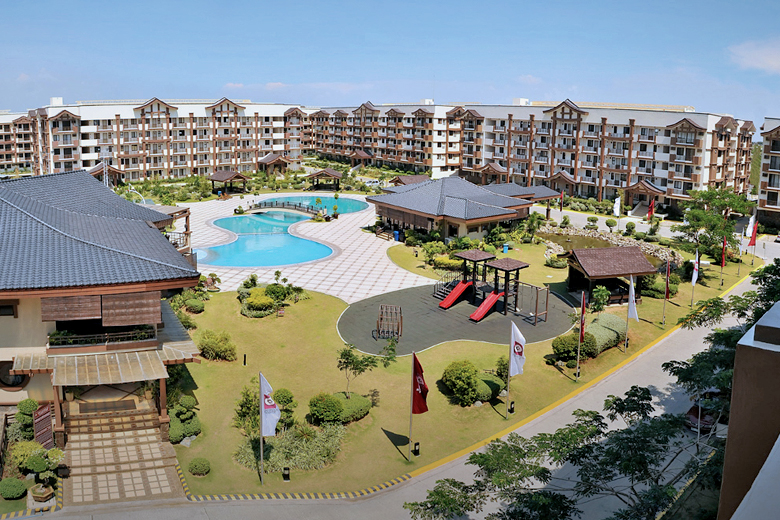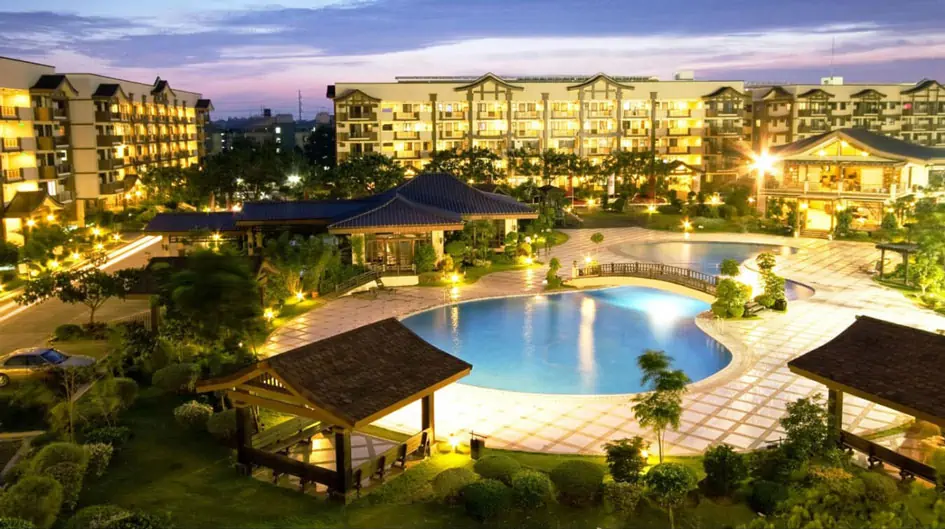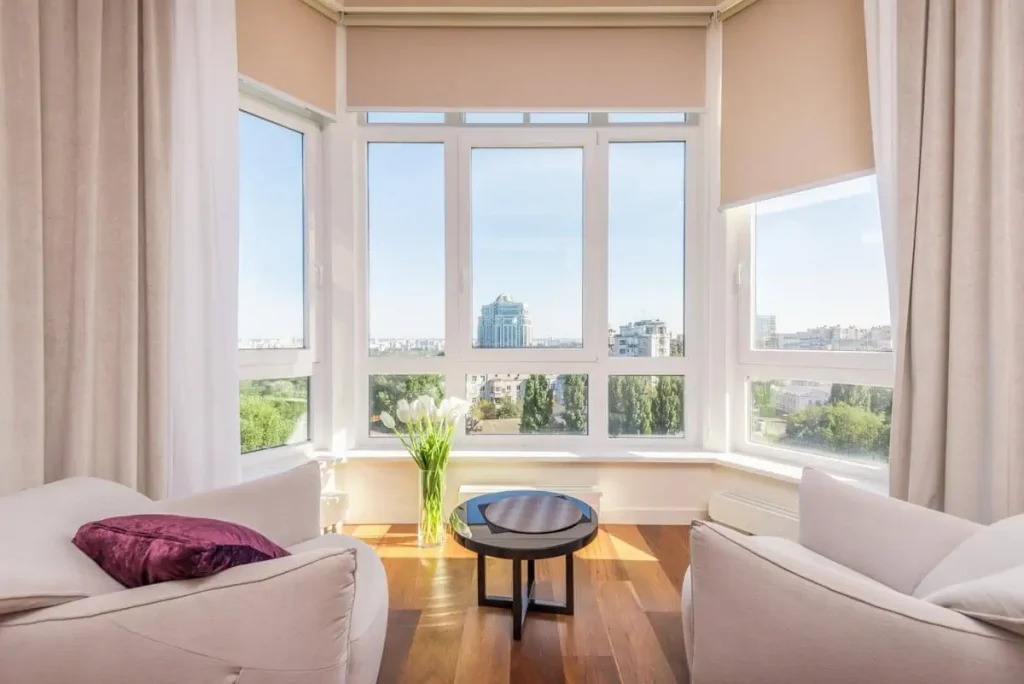Condominiums are changing the way we live, or at least changing the way we want to. Real estate in the Philippines has never been this bullish. In 2013 alone, 51,000 new high-rise units were unveiled based on the data released by property consultancy firm, Colliers International Philippines.
This boom in the real estate industry may be attributed to affordable payment terms, according to National Real Estate Association Inc. president, Benigno Cabrieto. In an interview with the Business Mirror in February 2013, he said that low interest rates and Pag-IBIG fund have helped boost the condo industry. Cabrieto mentioned that more Filipinos are now embracing vertical living because land is scarce and expensive. The seemingly unstoppable urban migration also has a hand in this.
He also pointed out the increasing demand from Overseas Filipino Workers. Estimates show that 30% or P240-billion of the $20-billion remittances was invested in real estate, mostly to condominiums in Metro Manila.
The demand, he adds, is dictated by the need and affordability. For example, OFWs buy for investment while professionals for location and convenience. Starter families are also encouraged to leave their apartments because they may find that the rent is almost the same as the monthly amortization cost for a condo.
Rock Star Economy
Local real estate developers and foreign investors have never been more confident with the Philippine economy. In 2013, the Philippines recorded the second highest economic growth in Asia with a gross domestic product (GDP) of 7.2%, next only to China. The National Economic Development Authority is confident that the trend will continue this year.
True enough, even the International Monetary Fund hiked the country’s growth forecast this year. The initial forecast of 6.3% was increased to 6.5%. Credit rating firms Moody’s and Standard and Poor’s also raised their forecasts. Moody’s analytics are so optimistic that they even predicted that the Philippines will be the economic leader in Asia in 2014.
Thanks to the robust economy, the business of real estate is showing no signs of slowing down. According to the World Bank, there is an increase in consumer confidence to buy real estate properties. The WB latest Philippine Economic Update stated that low interest rates are mostly to be credited for the boost. Furthermore, the report also put emphasis on the luxury residential segment that is significantly picking up largely because of OFWs and expatriates.
This is phenomenal because in 2013, the average price of a luxury 3-bedroom condominium in the Makati Central Business District soared by 12.92%, nearly P129,000 per square meter, according to Colliers International. In other high-end districts like Bonifacio Global City and Rockwell, the average price of a premium 3-bedroom unit was pegged at P127,000 and P132,000 respectively.
Foreign Confidence
We can measure economic progress through the real estate industry’s success. It can also measure how foreign investors are perceiving Philippine markets now. In a survey by the Urban Land Institute and PwC, Manila ranked 4th out of 23 Asian cities as a real estate market and investment prospect, next only to Tokyo, Shanghai, and Jakarta. In the survey, the country edged out Sydney, Guangzhou, Singapore, and Beijing. The fast growing economy and increasing popularity as an alternative to traditional markets allowed the Philippines to jump from the twelfth spot to fourth place. Specifically, in the category city development, the Philippines ranked 8th and received a “buy” rating for the capital’s residential sector.
Foreign investments show a positive outlook for the real estate industry despite typhoons, earthquakes, and even traffic. In an interview with Inquirer Business, Managing Director of real estate firm KMC MAG Group, Michael McCullough, said that Metro Manila is a perfect place for business. “Metro Manila remains the best value city to do business, largely because of the relatively low real estate costs, and Makati remains to be the location of choice of luxurious residential spaces.” Although there are risks, he said the benefits outweigh them.
Investing in a Condo

Rhapsody Residences, DMCI Property
Taking off from a bullish economy and confidence in the real estate sector, condominiums have now become more than just spaces to live in but also investment and business prospects. Rent.ph Chief Executive Officer, Anthony Leutorio, was not trying to be conservative when he said in a Cebu forum in 2013 that about 70% of property buyers today are investors. Because of this, he said, we may be seeing a potential shift of the industry into rentals. The company adds that they often have a “happy problem” of shortage in the local setting which reflects the high demand for rentals. The demand is largely because of affordability. He said some would rent out their condo for as low as 5,000 pesos. Imagine getting the same conveniences for just 5,000 pesos.
Even luxury condos are well-rented these days. Leutorio said that there is a significant market who will rent out a 3-bedroom condo or a penthouse unit for 125,000 a month.
Rental Yields
The recent survey released by the Global Property Guide explains why more and more condo buyers are renting out their units. The survey found that residential condominiums in Metro Manila pose 8 to 15% of returns annually. A studio unit in a prime location can give the owner up to 15% of returns.
Global Property Guide publisher Matthew Pollock was impressed by the results, he concluded that condominiums are good money-making ventures. According to Pollock, “The lesson is clear – to earn good money, buy a small unit in Metro Manila’s business districts, with very small rooms. The returns will be significantly better than in most cities in Asia.”
Among the drivers of this optimistic rental trend are low interest rates that make returns more attractive, strong economy that gave birth to a new breed of professionals in the call center and BPO industries, and the fact that renters are free from a lot of obligation like registration, taxes, and the usual chinks that go with a condo turnover process.
What to Look Out For

Rosewood Pointe, DMCI Property
Financial advisor Francisco Colayco lays out the parameters for buyers who want to invest in a condo. Among them are location for added value and attractiveness, reputation of developer, rules of the association, and ability to keep up with the amortization and maintenance needs. He said that rental rates are normally over 5% of the market value of the unit. The return is constant throughout the life of the property and increases value overtime. Most buyers of such high investments also consider the condo a possible inheritance of their children.
But while real estate remains one of Filipinos' top investments of choice, Colayco warns of the costs too. He stated that there will be times when the unit is vacant and times when maintenance is necessary.
Gains of Condo Rental
At the other end of the spectrum, there is the lessee or the occupant. Young professionals and newly-married couples who still cannot afford to purchase a condo usually resort to renting an apartment or a condo. Some serious weighing of considerations is required. Which is more affordable? Which is more cost-efficient? Which is more convenient? And which is safer?
In a business district like Ortigas, for example, residential apartments that are a bus or train away, cost 10,000 a month or more. Condominiums, on the other hand, may be rented out for 15,000. The take away is location. Most condominiums are a stone’s throw away from business offices.
In terms of security, condos win hands down. When it comes to convenience, condos are runaway winners too.
However, there are still a few rants about renting a condo that occupants must prepare themselves for. Among the lows of condo living are limited parking slots, damaged units, and rules of the association and the unit owner. Some owners even require their tenants to pay ceiling-high association dues.
It is a no-brainer that a condo is a priced investment. Its value only increases through the years. Imagine if you were an owner and you decide to rent your unit out, you are like hitting two birds with one stone --- you own a prime property that you can pass on to your children while earning a decent 15% off the property value every month. And for a rental rate almost the same as a two-bedroom apartment, the renter gets accessibility and convenience.
Property experts are confident that real estate in the Philippines is not just a bubble that will blow up in front of our faces. The boom is real, boosted by a stable economy and increasing demand including the positive trend in condo rentals.









